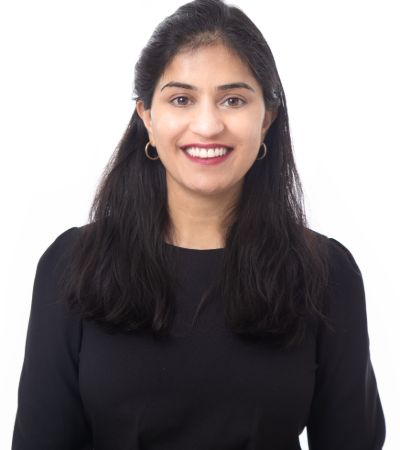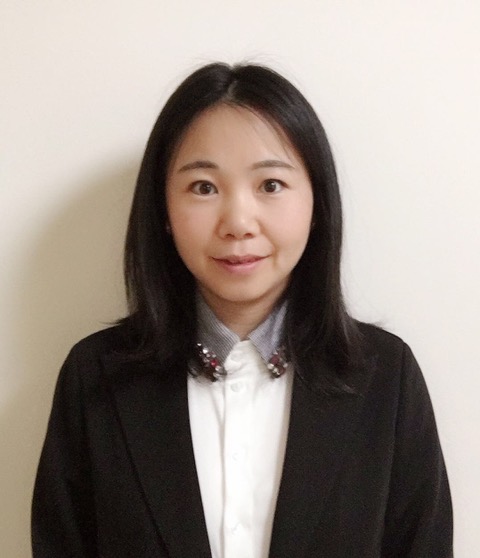Minor in Mathematics
The mathematics minor has two options. The mathematics option requires Calculus I and II, and three upper-level courses in mathematics. The statistics option requires Calculus I and II, Mathematical Probability, and two upper-level courses in statistics.
For more information, please see the Academic Catalog.
Program Location
Carrollton Campus
Method of Delivery
Face to Face
Accreditation
The University of West Georgia is accredited by The Southern Association of Colleges and Schools Commission on Colleges (SACSCOC).
Credit and transfer
Total semester hours required: 15 - 18
This program may be earned entirely face-to-face. However, depending on the courses chosen, a student may choose to take some partially or fully online courses.
Save money
UWG is often ranked as one of the most affordable accredited universities of its kind, regardless of the method of delivery chosen.
Details
- Total tuition costs and fees may vary, depending on the instructional method of the courses in which the student chooses to enroll.
- The more courses a student takes in a single term, the more they will typically save in fees and total cost.
- Face-to-face or partially online courses are charged at the general tuition rate and all mandatory campus fees, based on the student's residency (non-residents are charged at a higher rate).
- Fully or entirely online course tuition rates and fees my vary depending on the program. Students enrolled in exclusively online courses do not pay non-Resident rates.
- Together this means that GA residents pay about the same if they take all face-to-face or partially online courses as they do if they take only fully online courses exclusively; while non-residents save money by taking fully online courses.
- One word of caution: If a student takes a combination of face-to-face and online courses in a single term, he/she will pay both all mandatory campus fees and the higher eTuition rate.
- For cost information, as well as payment deadlines, see the Student Accounts and Billing Services website
There are a variety of financial assistance options for students, including scholarships and work study programs. Visit the Office of Financial Aid's website for more information.
General
Mathematics Option: Students must take MATH-1634 and MATH-2644 along with three courses numbered 3000 or above, excluding the following:
- MATH-3703
- MATH-3803
- MATH-4713
- MATH-4753
- MATH-4773
- MATH-4863
- MATH-4803
- MATH-4813
- MATH-4823
- MATH-4833
- MATH-4843
- MATH-4885
The first of a three-course sequence in calculus. Limits, applications of derivatives to problems in geometry and the sciences (physical and behavioral). Problems which lead to anti-derivatives.
A continuation of MATH 1634. The definite integral and applications, calculus of transcendental functions, standard techniques of integration, sequences and series.
A calculus based statistics course with a strong emphasis on probability theory. Exercises are both theoretical and applied, including both discrete and continuous probability distributions such as the binomial and normal. The course provides the underlying theory and mathematically derived techniques of statistics. Hypothesis testing for various parameters and regression are also discussed in this course.
This course involves a thorough examination of the analysis of variance statistical method including hypotheses tests, interval estimation, and multiple comparison techniques of both single-factor and two-factor models. Extensive use of a statistical computer package, Minitab, will be a necessary part of the course.
This course involves a thorough examination of both simple linear regression models and multivariate models. The course requires extensive use of statistical software for confidence intervals, statistical tests, statistical plots, and model diagnostics.
This course provides an introduction to design and analysis of planned experiments. Topics will include one and two-way designs; completely randomized designs, randomized block designs, Latin-square and factorial designs. Use of technology will be an integral part of this course.
This course will involve the study of several nonparametric tests including the Runs test, Wilcoxon signed rank and rank sum test, Kruskal, Wallis and Friedman F test. These tests will include applications in the biological sciences, engineering, and business areas. A statistical software package will be used to facilitate these tests.
This course will consider applied principles and approaches for conducting a sample survey, designing a survey, and analyzing a survey.
This course will be taught from a variety of statistical topics such as statistical quality control, applied time series, game theory, etc. Prerequisite: Dependent upon course title.

William M Faucette, Ph.D.
Associate Professor of Mathematics
Scott Gordon, Ph.D.
Director of the School of Computing, Analytics, and Modeling & Professor of Mathematics
Xiaofeng Gu, Ph.D.
Professor of Mathematics
Nguyen Hoang, Ph.D.
Associate Professor of Mathematics
David Leach, Ph.D.
Professor of Mathematics & Program Coordinator
Kyunghee Moon, Ph.D.
Professor of Mathematics
Veena Paliwal, Ph.D.
Associate Professor of Mathematics
Dave Robinson, Ph.D.
Senior Lecturer in Mathematics
Kwang Shin, Ph.D.
Associate Professor of Mathematics
Fengrong Wei, Ph.D.
Professor of Mathematics
Rui Xu, Ph.D.
Professor of Mathematics
Mohammad Yazdani, Ph.D.
Professor of MathematicsNo Admissions Data Provided.
Specific dates for Admissions (Undergraduate only), Financial Aid, Fee Payments, Registration, Start/End of term, Final Exams, etc. are available in THE SCOOP.
Objectives not available
